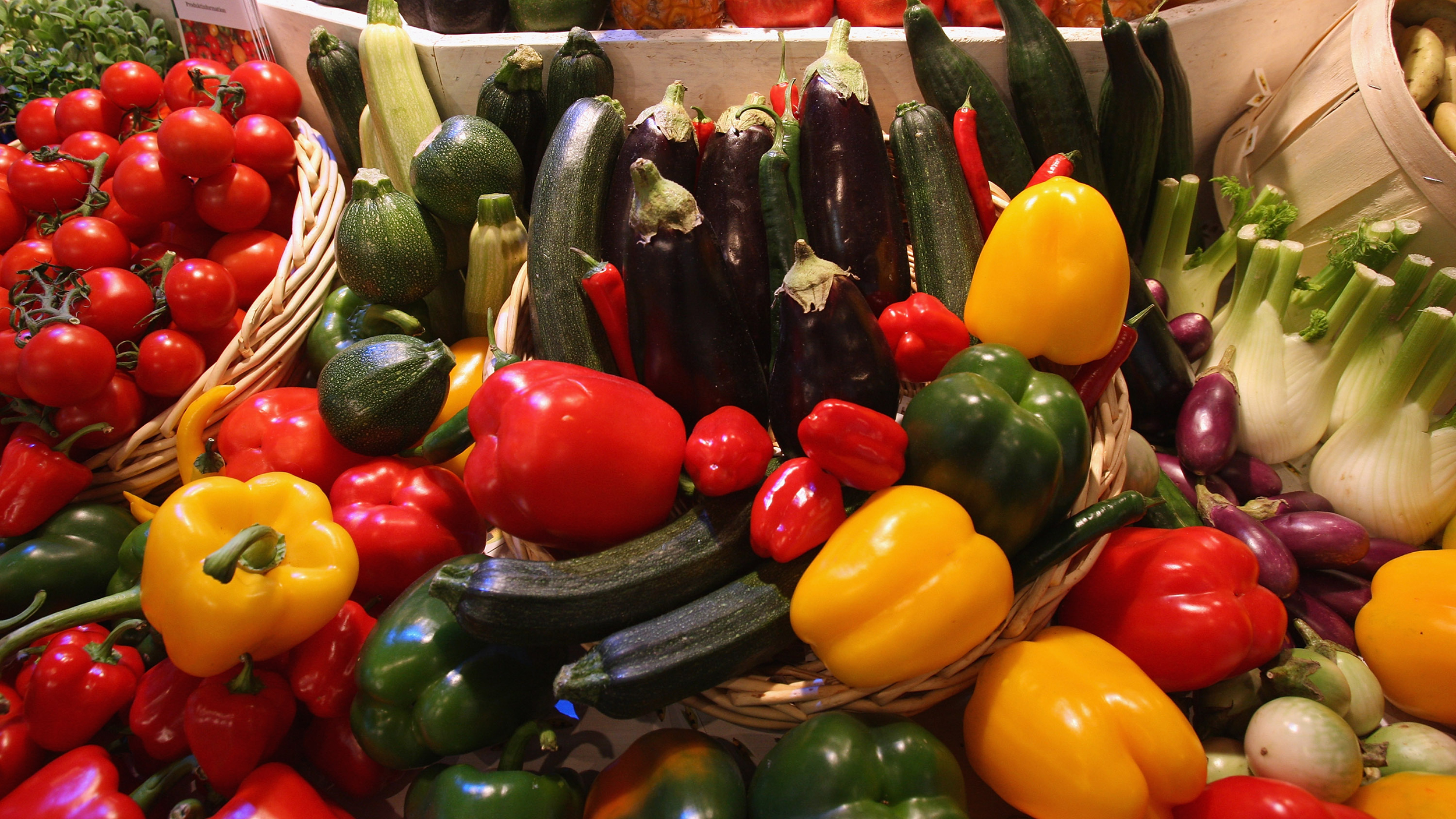Want to stop cognitive decline? Wine and cheese could help.

Credit: Gregory Lee / Adobe Stock
- Iowa State University researchers found that red wine, cheese, and a weekly serving of lamb could help reduce cognitive decline.
- The observational study is based on a decade of research conducted at the UK Biobank.
- The team also found that excessive salt could help promote diseases of dementia.
The world is not in want of diet advice. Paleo living, vegan lifestyles, eating for your blood type, seasonal and regional eating, low sugar, Mediterannean ingredients, low fat, high fat—numerous bestsellers thrive in every category imaginable. The perpetual challenge is sourcing credible information amidst endless literature of hype.
Humans also gravitate towards diets that confirm our biases, making sound nutrition advice even more challenging. Coffee is good for us? Wonderful! Unless you gave up coffee for some strange reason; then you question the study’s premise. Eat all the cheese and drink all the wine you want? I knew it! Well, maybe not “all,” but according to research from Iowa State University, a bit of funk and fermentation might be the key to slowing cognitive decline.
Move over, Greece. The French were right all along.
For this study, published in Journal of Alzheimer’s Disease, food science and human nutrition assistant professor, Auriel Willette, and neuroscience Ph.D. candidate, Brandon Klinedinst, analyzed data from 1,787 adults through the UK Biobank. This UK-based organization contains in-depth genetic and health information from a half-million British residents. Willette and Klinedinst focused on adults aged 46 to 77.
The team found that diet earlier in life affects your risk of cognitive decline later on. While added salt might put you at greater risk for diseases of dementia, the following finding is certain to make some of us cheer.
“Observations further suggest in risk status-dependent manners that adding cheese and red wine to the diet daily, and lamb on a weekly basis, may also improve long-term cognitive outcomes.”
Between 2006-10, participants in the UK Biobank research filled out a Fluid Intelligence Test, followed by recurring assessments in 2012-13 and 2015-16. These analyses helped researchers understand each volunteer’s ability to “think on the fly.” They also filled out information regarding food and alcohol consumption.
As Willette and Klinedinst write, dietary modifications such as the Mediterranean-Dietary Approaches to Stop Hypertension Intervention for Neurodegenerative 70 Delay (MIND) diet are proving to help slow cognitive decline. Such lifestyle changes later in life are important. The researchers wanted to know if youthful diets influence your risk of diseases like Alzheimer’s before modifications are made.
They found that cheese was particularly helpful in protecting against age-related cognitive problems; daily consumption of alcohol, especially red wine, improves cognitive function; eating lamb (but not other red meat) on a weekly basis appears to be helpful; excess salt promotes cognitive decline over time.
While they were unable to pinpoint exact reasons for this protective effect, they cite calcium, vitamin B12, gut-friendly bacteria, and lactopeptides in cheese as potential candidates. A moderate serving of red wine has long been touted as healthy; interestingly, volunteers with a genetic predisposition to Alzheimer’s appear to benefit most. They also note other research finding that regular beer intake increases the risk of dementia. Not all alcohol is created equally.
Willette notes that cheese and wine are not only protective against cognitive decline but are also stress relievers in a world living through a pandemic. That said, he knows this is an observational study—randomized clinical trials are needed to provide substantial proof. As with any diet, genetic factors play a role. You should know personal risk factors before making drastic changes to your diet.
As Klinedinst concludes,
“Depending on the genetic factors you carry, some individuals seem to be more protected from the effects of Alzheimers, while other seem to be at greater risk. That said, I believe the right food choices can prevent the disease and cognitive decline altogether. Perhaps the silver bullet we’re looking for is upgrading how we eat. Knowing what that entails contributes to a better understanding of Alzheimer’s and putting this disease in a reverse trajectory.”
—
Stay in touch with Derek on Twitter and Facebook. His new book is “Hero’s Dose: The Case For Psychedelics in Ritual and Therapy.”





